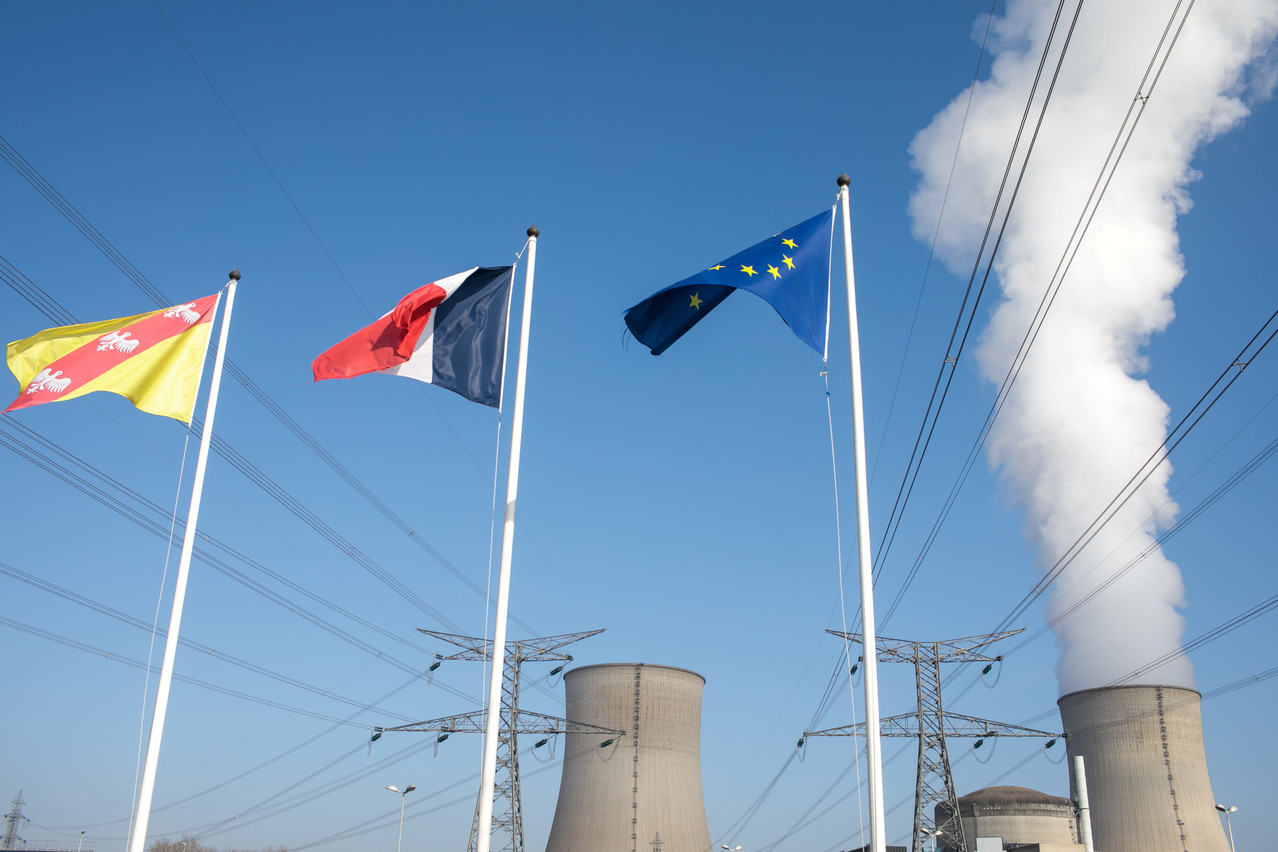Utilities company Electricité de France (EDF) in March had taken reactor 3 off grid after corrosion was reported at other power plants in France dating from the same era. In April it said that “signs” of corrosion had been detected. A second reactor was shut down in May.
Luxembourg at the time had pushed for all reactors to be checked. During a meeting of Luxembourg and French authorities on 13 June to discuss nuclear safety, the “French delegation confirmed that expert appraisals of the circuits concerned had been undertaken for reactors 3 and 4, and that reactors 1 and 2 would be examined in the first and second quarters of 2023, respectively.”
Currently, for checks and maintenance. “The Cattenom power station is now completely off the grid. This proves once again that nuclear power is not only unsafe but also unreliable,” the energy ministry told Delano.
The delegation included EDG but also the French nuclear safety authority ASN, the Moselle local government and the energy transition and European affairs ministries.
The government until Monday had remained mum on the outcome of the meeting despite multiple requests for comment from Delano, but in a press release on 27 June said that the remaining checks should be carried out as quickly as possible.
The Luxembourg delegation also renewed calls for Cattenom to be shut down after 40 years. Cattenom’s reactors went into service between 1986 and 1991, meaning they should be shut off between 2026 and 2031, but operator EDF has launched a procedure to extent the plant’s lifespan until at least 2035. During the June meeting, the grand duchy’s representatives requested to be consulted on all aspects related to the extension of the power plant’s lifespan.
France intends on launching a programme that will see six new EPR2 nuclear constructed alongside studying to prolong the lifespan of other power plants. The Luxembourg delegation recalled its position on renewable energy and its opposition to nuclear power used as part of Europe’s energy transition.
Updated on 28 June at 1.20pm to include a comment from the energy ministry.
